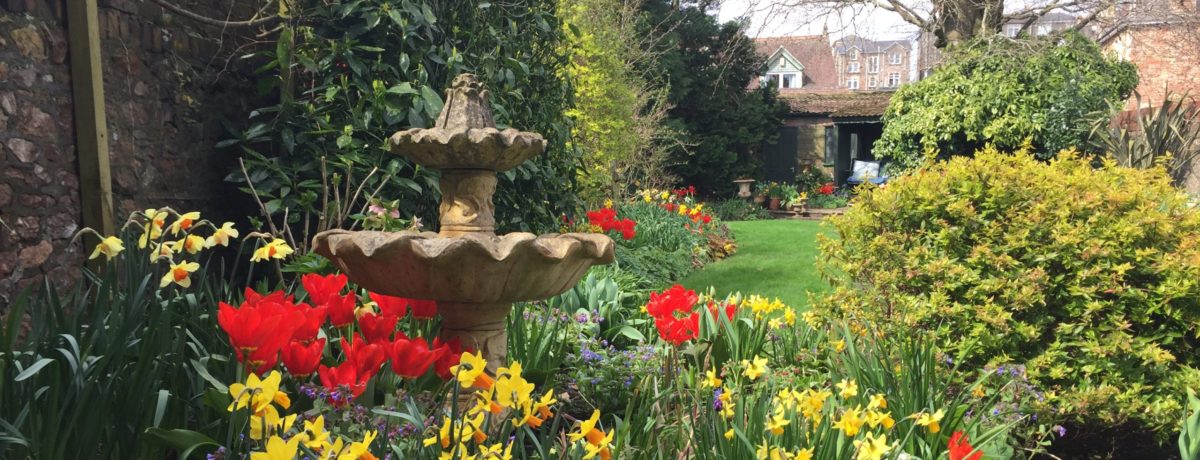Feest Isolation Days – 30 September
How do you celebrate an anniversary you would rather not have? Two hundred days of Corona Virus, Covid19. Who would have thought? Yet here we are, and we have another six months or more to go – at least.
A friend sent me a good one…if Covid was a drink it would be a colonoscopy prep! I so agree.
It would definitely not be a bottle of champagne would it? And by the by, when did Champagne become the wine of choice for celebrations? You may well ask!
The oldest recorded sparkling wine is Blanquette de Limoux which is attributed to the crafty Benedictine monks from an Abbey near Carcassonne in 1531. The monks were a clever bunch.

They bottled their wine before the initial fermentation had finished. Except that 20 to 90% of bottles exploded before they were ready to drink. Not so clever. What a waste! And dangerous to those working in the cellars. Iron masks were worn to protect those who might be in the wine bottles’ way.
Dom Perignon, is often credited with inventing champagne, but actually he further developed the work of those early monks some two hundred years after they began the quest for bubbles. Monk Perignon is often attributed as saying “I have just tasted the stars” following his first sips of the bubbly liquid.

However, it seems that a PR man of 1821, Dom Groussard, a monk at the Abbey, came up with that sentence in a pamphlet he wrote about champagne. He wanted to change the public perception of champagne as only a drink for the debauched noble classes, recasting its beginnings as coming from the efforts of a hardworking monk- our Dom. It would appear that he succeeded in selling the idea. In 1800, 300,000 bottles a year were manufactured and by 1850 that became 20 million bottles. More recently, in 2007 a record breaking 338.7 million bottles were sold. Wonder what that will be in 2021 when a Covid vaccine becomes available?
The French have gone to great lengths to ensure that only wines from the Champagne region are legally allowed to be called “Champagne”. The French set up the CIVC orComité Interprofessionnel du Vin de Champagne in 1941 while Germany was occupying the Champagne region. This government body still regulates the industry. They have recently bowed to commercial pressure and extended the perimeters of the region so that by 2020 more grapes can be produced within the place called champagne. The rules regulations and procedures for producing champagne are many. The amount of sugar used in production determines whether you are drinking Brut (not much sugar) or Extra Brut (even less sugar) or demi sec or sec, (sweet).

Champagne grapes normally come from Chardonnay, a white grape, or from the red grapes, Pinot Noir or Pinot Meunier. The gentle pressing of the grapes and no skin contact during fermentation means a light colour finds its way to our glass.
When you choose your champagne today, it is likely to be non vintage, that is, blended from a variety of years. Most of it will be from a single year and then blended with grapes from other years. A vintage wine will be made from 100% of grapes that come from the same year.
Make mine Brut, and let’s lay it down for that time when we can celebrate Covid’s demise. Until that day comes, as Winston Churchill says, “In success you deserve champagne, in defeat you need it”.
Mr. Churchill also said, that “attitude is a little thing that makes a BIG difference. Success is not final, failure is not fatal, it is the courage to continue that counts. If you’re going through hell, keep going. Everyone has his day, and some days last longer than others.”

Let’s hope these Covid Days don’t last another two hundred and life can get back to something more like we remember. In the meantime, pop those corks! We all need a boost from time to time!
Enjoy and stay safe.
With love
Kathy x
